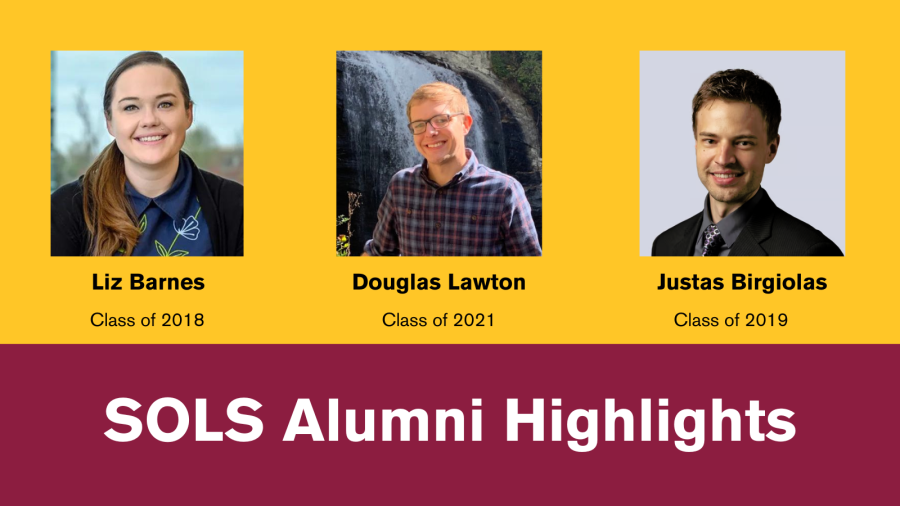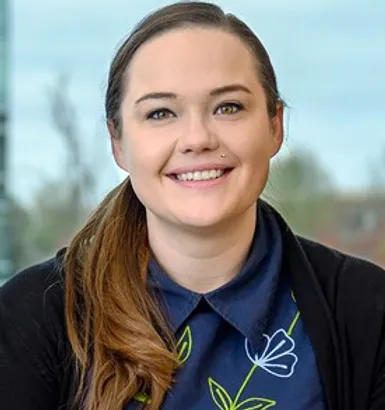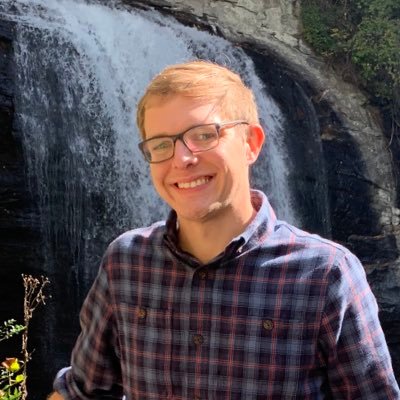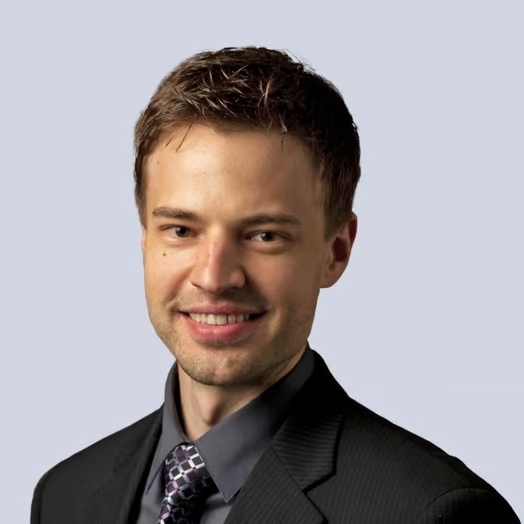SOLS Alumni highlights: Liz Barnes, Douglas Lawton and Justas Birgiolas

This article is part of a series of profiles for SOLS alumni stories.
Liz Barnes - Class of 2018
Before attending ASU and SOLS, Liz Barnes made the difficult decision to drop out of high school at 16 years old to take care of herself due to circumstances out of her control. Working as a waitress at Denny’s, she attended a local community college and eventually enrolled in ASU’s School of Life Sciences.
While originally desiring to become a medical doctor, Barnes became very interested in the Center for Biology and Society where she met lifelong mentors including Sara Brownell and Jane Maienschein. Barnes continued her master’s degree and PhD at SOLS, working with Professor Brownell to study how educators can mitigate polarization on controversial science topics such as evolution or climate change. As part of a tight-knit group in the Center of Biology and Society, Barnes said her PhD education helped her become much more familiar with how complex societal issues affect the ways we teach science and felt empowered by the meaningful research she conducted.
Now an assistant professor at Middle Tennessee University, Barnes is still passionate about studying the most effective ways educators can teach and communicate about controversial science topics. In her current role, she runs the Social Perceptions of Science Lab and leads a team of biology education researchers dedicated to improving science communication for the betterment of society.
When asked her biggest advice to current SOLS and Center of Biology and Society students, Barnes said, “learn as much as you can about the philosophy, history, and ethics of science in your research and studies. Discovering how these complex societal forces interact with each other may help uncover how we can teach certain science topics that may appear controversial.”
Douglas Lawton - Class of 2021
After graduating with a Bachelor’s degree in Biology from the University of North Carolina at Greensboro, Douglas Lawton saw a big opportunity at ASU in the form of Professor Arianne Cease’s Global Locust Initiative lab. Lawton wanted to study how data scientists could predict and understand locust plagues, and Professor Cease’s lab gave endless possibilities for new research in the field.
According to Lawton, one of his most important reasons for attending ASU for his PhD in Environmental Life Sciences was ASU’s inclusive mission and its value on diversity of thought in its academic programs. As part of his PhD education, Lawton was able to interact with a wide variety of different people from different experiences who each brought something unique to their research and work. With a diverse team in Arianne Cease’s lab, Lawton claims he had “lots of room to do what you wanted to do and learn what you wanted to. I always felt that I could try new things and that even if I failed I could still learn something from the experience.”
During his PhD, Lawton cultivated his passion for data science, predictive modeling, and programming with high-level research projects and the opportunity to work on multinational papers and experiments. This included the opportunity to go to Australia every year as part of his PhD to conduct research in the field. While initially Lawton envisioned himself going down the traditional route into academia after getting his PhD, he found that he had a passion for working in the biotechnology industry with different companies that are using important research to improve the planet.
Now as an accomplished data scientist in the biotechnology industry, Lawton conducts advanced statistical analyses, predictive modeling techniques, and impactful data visualization to drive discovery and innovation in global crop production. According to Lawton, one of the keys to his success was his ability to build lifelong relationships from his PhD including with mentor figures like Arianne Cease and colleagues who are also working in the same field.
When asked what his advice to other alumni from SOLS is, Lawton said, “stay curious! Don’t be afraid to try new things in your field. One of the biggest things I think employers look for from graduates is the excitement and interest to try new things and the communication skills to show how your work is meaningful.”
Justas Birgiolas - Class of 2019
Looking for the next step in his education after completing an MBA at Carnegie Mellon, Justas Birgiolas became interested in ASU’s Neuroscience PhD program due to its engaging professors including his future thesis advisor Sharon Crook. Birgiolas became especially interested in the mathematical research of neuroscience and how to build a brain inside a computer to better understand its complexities.
During his time at ASU and SOLS, he gained important experience with programming, using specialized software in neuroscience research, and the opportunity to work on supercomputers that manage vast amounts of data. Other important skills he learned included how to efficiently scan and get important information from large amounts of academic papers and effective communication skills in showcasing important data to different audiences.
Birgiolas’ research and education culminated in what he says is his proudest achievement at ASU, his PhD thesis. For his thesis, Birgiolas synthesized experimental data from mice to create an open-source platform that models the olfactory bulb and other regions of a mouse’s brain. The model is publicly available to view here.
After completing both his PhD and Computational Neuroscience Research Fellowship at ASU, Birgiolas has gone on to become a Research Scholar at the Ronin Institute where he develops open-source computational neuroscience tools and models. He is also a Staff Machine Learning Engineer at ACV Auctions where he has developed several AI systems and algorithms to assess vehicles based on engine health, risk of arbitration claims, and price points.
When asked what his advice is to alumni, especially those going into computational neuroscience or machine learning, he said, “try to get as much experience in transferable skills as possible. Programming was such an important part of my experience working in both an academic space and private sector role.” He also said, “employers will look for your energy, motivation, intelligence, and how passionate you are to do something with your talents. Your ability to create something tangible and meaningful from your education and your ability to navigate internal team dynamics or politics is so important to work effectively.”


